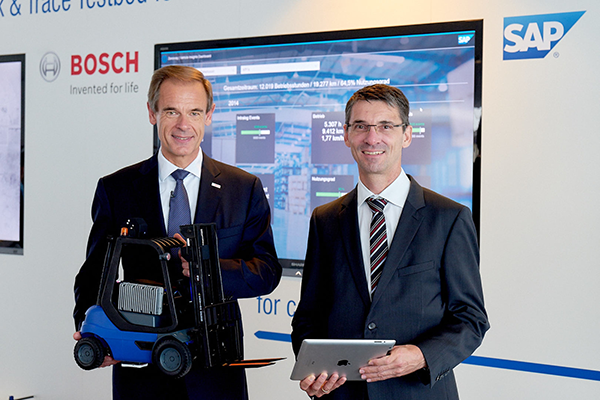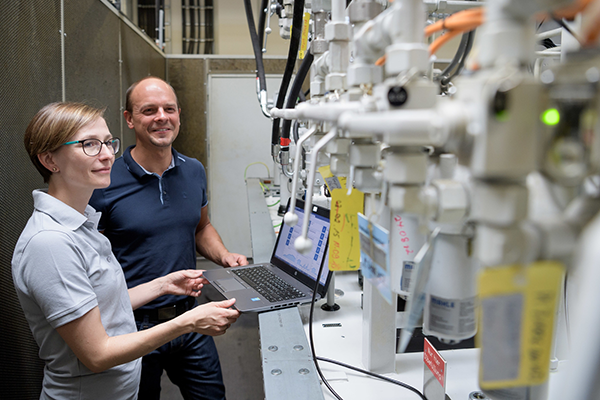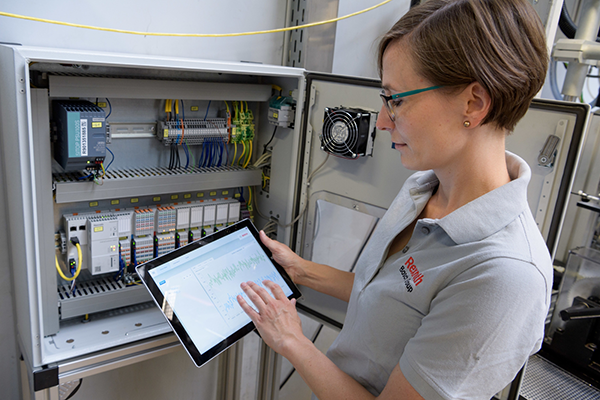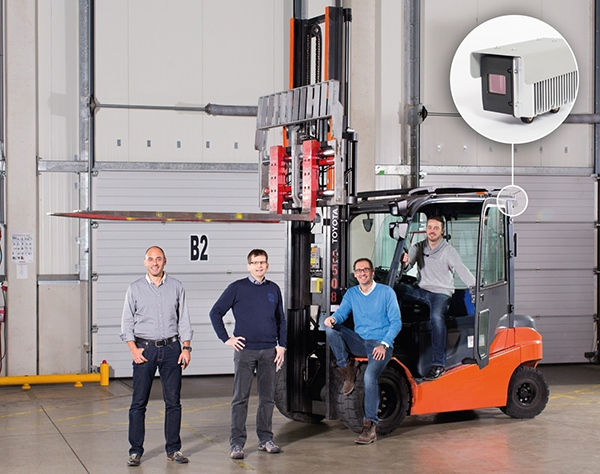This week SAP announced it has formed a strategic partnership with Bosch for the Internet of Things (IoT) and Industry 4.0. As long time partners, both companies want to expand their collaboration on cloud technologies and software. Their joint approach promises to speed up manufacturing and logistics processes and increase the safety and quality of products and services for customers.

The announcement was made at this week’s Industrial Internet Consortium (IIC) meeting called to set standards and drive adoption of IoT and Industry 4.0. Bosch and SAP are leading European members of the IIC. The meeting was co-sponsored by members of the Germany-based Plattform Industrie 4.0.
“Databases and platform technologies are fundamental building blocks for new solutions in the Internet of Things and Industry 4.0. We would like to put these at the disposal of customers, partners, and users worldwide,” said Bernd Leukert, member of the Executive Board of SAP SE responsible for products and innovation.

Dr. Volkman Denner, CEO of Bosch, added, “In order to make even better use of the major potential that connected industry holds, international companies must cooperate more closely than before, and they must base that cooperation on open standards.”
He continued, “To get IoT and Industry 4.0 solutions implemented universally, we need standards and reference architectures.”

The joint agreement between SAP and Bosch aims to accelerate manufacturing and logistics as well as improve product and service quality and safety. The goal of the partnership is to process large quantities of data for IoT applications in real time, using SAP HANA and the Bosch IoT cloud. Bosch and SAP will also work to combine their software and cloud expertise in the future. Bosch IoT services will be available on SAP HANA Cloud Platform as a means to connect different devices and provide secure and efficient connectivity for vehicles, manufacturing machinery or tools with open platforms.

Ultimately, SAP and Bosch plan to use their technologies to support initiatives in other areas such as automated and connected driving.
“There are massive benefits for the entire industry,” said Leukert. “The customers we want to serve won’t limit their business to specific regions.”
Author: Camille Bui-Nguyen, Robin Meyerhoff






